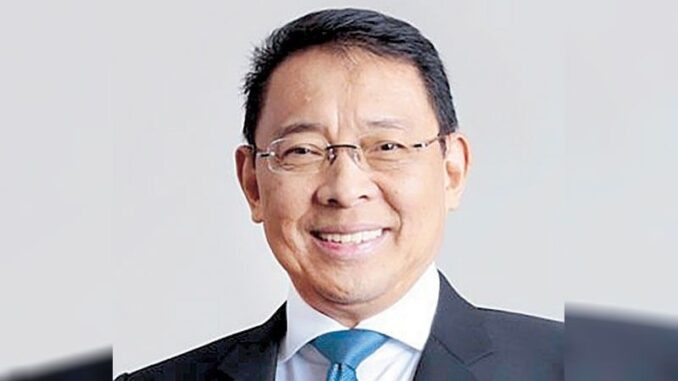
MANILA, Philippines — The Philippines’ 2025 national budget may fail to deliver on critical social goals despite President Marcos’ promises of improved education, healthcare and food security, according to New York-based think tank GlobalSource Partners.
In a report, Diwa Guinigundo, Philippine country analyst at GlobalSource, said that Marcos, in the State of the Nation Address in July last year, promised to elevate the quality of education and skills training especially among the youth.
The President also talked about enhancing the quality of the medical care system in the context of universal health coverage, increasing benefits under the Philippine Health Insurance Corp. (PhilHealth)’s system.
“But the Philippines’ national budget for 2025 may not succeed in delivering on these lofty social goals in 2025,” Guinigundo said.
The approved P6.352 trillion national budget, signed on Dec. 30, 2024, has drawn criticism for its allocation priorities and potential constitutional violations.
President Marcos vetoed over P194 billion in line items, including P26.07 billion in Department of Public Works and Highways (DPWH) projects and P168.24 billion in unprogrammed appropriations.
The President earlier faced pressure to veto the entire budget over controversial allocations, including a P12-billion cut from the Department of Education (DepEd)’s computerization program and the removal of a proposed P74-billion subsidy for PhilHealth.
According to Guinigundo, the budget politics in the Philippines is “no less than a zero-sum game.” He said these decisions undermine the administration’s stated goals of addressing poverty, improving education and expanding healthcare access.
“In maintaining the favorite items of legislators for public works projects, there can only be so much left to be allocated to education, health and other key social amelioration projects, possibly even transgressing the Constitution and the laws of the land,” Guinigundo said.
“Beyond this game, the statistics on poverty, the quality of education and health, income inequality and fiscal sustainability would have nowhere to go but south,” he added.
Guinigundo also said that the non-provision of PhilHealth subsidy is seen as a violation of the Constitution, which mandates the government to prioritize the needs of the underprivileged including the elderly, disabled, women and children.
Legislators pointed to PhilHealth’s P600-billion reserve funds as justification for the cut, claiming these resources are sufficient to address delayed reimbursements.
“This sounds absurd because reserve funds are earmarked to cover the corporation’s various liabilities incurred by its constituents. Both its regular budget and government subsidy would not actually be enough to attain more comprehensive coverage of the population and their broader health coverage,” Guinigundo said.
The national budget rose by 10.1 percent compared to the previous year’s budget of P5.768 trillion. However, it is still 0.4 percent lower than the P6.352-trillion spending plan that the Department of Budget and Management submitted to Congress in August last year.


Be the first to comment